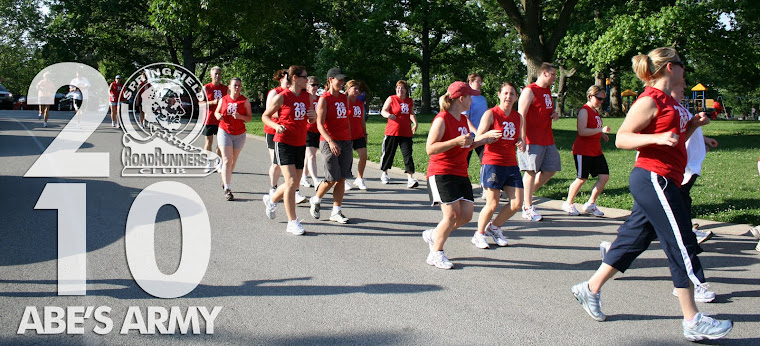This is part four of the Five Stages of a Runner. (See previous posts for stages one, two, and three).
As an athlete, you find more meaning in the drive to fulfill your potential than in compulsively collecting times and trophies. You’ve finally got a handle on competition, and it’s not the only motivation. Being an athlete is a state of mind which is not bound by age, performance or place in the running pack.
For a competitor, victory and defeat are tied to performance. Times, flat courses, ideal conditions are all important. For the athlete, victory lies in the quality of effort. When you run close to your potential on a given day, it’s a victory. You internalize competition and transcend it, knowing your limits and capabilities. You understand what’s important and what you must do to accomplish it. As you compete, you breathe in the race, vaporize it, absorb what you need and exhale the rest. Running becomes your own work of art.
Competitors search for races they can win. Athletes look for competition, but are not intent on a higher ranking or better performance (from a flat, fast course, etc.). They thrive on a challenging competition that is run in the best way possible — from the inside out — and they are, not incidentally, rewarded in the long run by faster times. Nevertheless, athletes are also found in the back of the pack, or they may choose smaller races over the big media events because they don’t want to feel lost in the sea of humanity.
Gradual progress is more important to the athlete than a fast time in a given race. You now have an internal concept of what you can do. When progress slows or is blocked, you revise. With every run, your internal training computer is fed with good data that gives you a new readout of possibilities. You know when to disregard a bad run and not get depressed.
Though you once may have been a competitor who read everything and tried most of it, as an athlete you now read only what has practical value. When problems arise you look for literature on the subject by authors you trust. Your reading ties into an overall plan. You’re no longer sampling everyone’s tips and tricks like treats out of the cookie jar.
Planning is important. Although you’re flexible, you plot goals and races 6-9 months in advance. The athlete is capable of continuous re-evaluation, and may change goals from week to week. Plans are not always written; some athletes are so in tune with their bodies they can work from a mental notebook. Whether your plan is written or “programmed” you know where you’re going. You may not know the exact vehicle you’ll take, but you know you will arrive.
Like other humans, athletes are not perfectly consistent. Sometimes you’ll slip back and become a competitor. After a series of successes, you may become dissatisfied with performances that fall short of your goals. Rather than evaluating, analyzing and readjusting, you may dwell upon the bad day, the slump, or the poor showing, and feel a sense of failure.
Great athletes at any level realize that “success” is in the eye of the performer. There can be success in every experience. If you can seize upon the positive aspect of each experience you can string together a series of successes that form a pattern of progress.
Some athletes reach a level of achievement or satisfaction and retire from competition; a few even quit running entirely. Many choose a reduced level of activity, others maintain a fairly high yet sensible level. Many continue to grow and move into the final and most rewarding stage, the runner.
Subscribe to:
Post Comments (Atom)

No comments:
Post a Comment